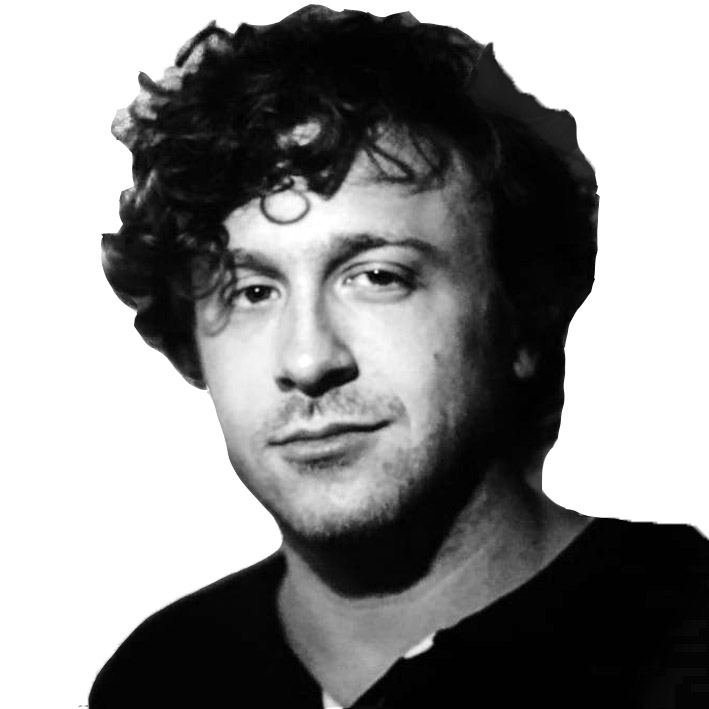By some metrics, Tua Tagovailoa is having a breakout season.
The Miami Dolphins quarterback has thrived under first-year head coach Mike McDaniel, with highlights for what at least recently looked like a playoff-bound squad including a six-touchdown torching of the Ravens. Wide receiver Tyreek Hill, the premier offseason acquisition, added an explosive element to the offense, and McDaniel looked like a potential coach of the year candidate.
But when McDaniel confirmed on Wednesday that Tagovailoa had suffered at least his second concussion of the season—and finished the game on Sunday anyway—the focus returned squarely to player safety.
And this time, McDaniel and the NFL have a bigger problem on their hands.
Tagovailoa was concussed at least once earlier this season during a stretch that saw him collapse to the ground after taking a brutal hit during a game against the Bills—only to be hospitalized after another thrashing days later, against the Bengals. In the first case, the NFL determined its protocol for concussions was followed, but the league and players union agreed to revise the protocol to rule out players who experience “ataxia”—balance and coordination issues—even if it’s not clear they stem from a head injury.

Tagovailoa’s fingers could be seen seizing up after he sustained a head injury in the second quarter against the Bengals on Sept. 29.
Sam Greene/Cincinnati Enquirer via USA TODAY NETWORKThe union also fired an independent neurologist involved in clearing Tagovailoa to play the second half of the Bills game. One problem with that being the only head to roll: The final arbiter in players returning to games is a team doctor, not the independent consultant.
When it was announced that Tagovailoa had re-entered the concussion protocol after a losing effort against the Packers this Sunday, the response from sports pundits, trauma experts, and ex-NFL players was overwhelming. Several argued he should not play again this season; some suggested he should never play again, period—that the risks to his health long-term were too great. And at least a few pointed to the play in which they believe Tagovailoa clearly had his head slammed to the ground in the second quarter, asking why neither the team, nor spotters the NFL says are watching out for injuries, took notice.
“Tua Tagovailoa shouldn’t play any more this season if the NFL is serious about health and safety and concussions,” Booger McFarland, an ex-player and commentator for ESPN, said on a network that is not known for holding league bosses’ feet to the fire.
“[N]o doctor in their right mind can clear him this year. Season over,” wrote Dr. Chris Nowinski, the neuroscientist who fumed in September that Dolphins’ staff and coaches “should go to jail” for letting Tagovailoa play against the Bengals, five days after suffering the previous injury he believes they “covered up.”
Sadly, it happened.
— Chris Nowinski, Ph.D. (@ChrisNowinski1) December 27, 2022
Tua Tagovailoa is in the #concussion protocol after reporting symptoms today, likely from this play in Q2 ⬇️. Missed by team again, despite poor play & 3 INT's after. 3rd concussion of season-no doctor in their right mind can clear him this year. Season over. https://t.co/qbZLlgvk5S pic.twitter.com/NcMb5ZGOf4
Now that the second concussion has been confirmed, one might think the team and the league are itching to take meaningful new steps toward player safety. That very much remains to be seen.
McDaniel, on Wednesday, suggested he had no problem with Tagovailoa playing again—though he said most of the right things, indicating he would follow the advice of medical experts, and pointing out that his player is, in fact, a human being. And it may well be that Tagovailoa showed no symptoms of a concussion during the game, the ostensible reason he was allowed to finish it. (He had a brutal fourth quarter, throwing three interceptions, though it was not clear when, precisely, he suffered the concussion.)
Perhaps more noteworthy than a coach wanting his player back: a league that seems unable to do more than nitpick at its own rules.
On Wednesday, the NFL announced it was conducting a fresh probe of the latest head injury, in concert with the players union. This may well produce some kind of policy change. The league would appear to have already admitted this is necessary when Allen Sills, chief NFL medical officer, said Tuesday that all relevant protocols were followed—and that Tagovailoa showed no symptoms of a concussion during a game in which he did, in fact, suffer one.
As neurosurgeon and ex-neurotrauma consultant to NFL players Dr. Uzma Samadani wrote for The Daily Beast earlier this season, there are likely better ways to measure head injuries than the ones the league is using. But the mechanics of its evolving tests and protocols aside, the NFL faces a glaring problem. Its own Hall of Famer pundits are saying something is horribly wrong. If Tagovailoa does return—this weekend or later—and the Dolphins go on some kind of a playoff run, the story will not be that his talent overcame obstacles. Or at least not only that.
It will also be that a resounding chorus, of ex-players and experts, crying out in alarm were ignored.





